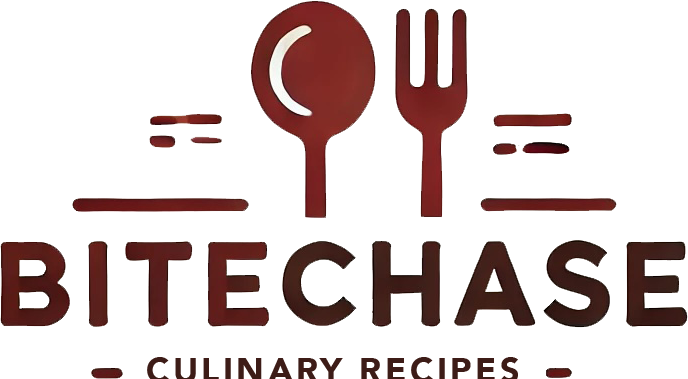A dietary aide plays a crucial role in healthcare settings by assisting in the preparation and distribution of meals in hospitals, nursing homes, and various institutions. They ensure that patients receive diets tailored to their specific nutritional needs, which is vital for recovery and overall health.
Key Responsibilities
The primary responsibilities of a dietary aide include following menus, understanding dietary restrictions, and making sure meals comply with safety and health regulations. They also help monitor inventory and assist with cleaning and sanitizing kitchen areas.
Importance in Healthcare
Dietary aides are essential in promoting patient health by ensuring nutrient-rich meals are provided consistently. Proper nutrition is a cornerstone of patient care, aiding in faster recovery times and reducing the risk of complications.
Working as a Dietary Aide
Working as a dietary aide requires strong communication skills, attention to detail, and a basic understanding of nutrition. Many dietary aides develop a passion for food service and can advance their careers by pursuing further education in nutrition or culinary arts.
Nutritional Trends Influencing Dietary Aides
The rise of dietary preferences, including vegetarian, vegan, gluten-free, and more specialized diets, impacts how dietary aides approach meal preparation. Understanding these dietary trends is crucial for providing quality service and meeting patient needs.
In conclusion, dietary aides are vital contributors to the health and well-being of patients, ensuring every meal served meets specific dietary needs and preferences. Their role is an intersection of culinary skill and nutritional science.
Suggested Reading: Understanding Dietary Supplements: Nourishing Your Body on https://bitechase.com/kitchen-tips/understanding-dietary-supplements-2/







